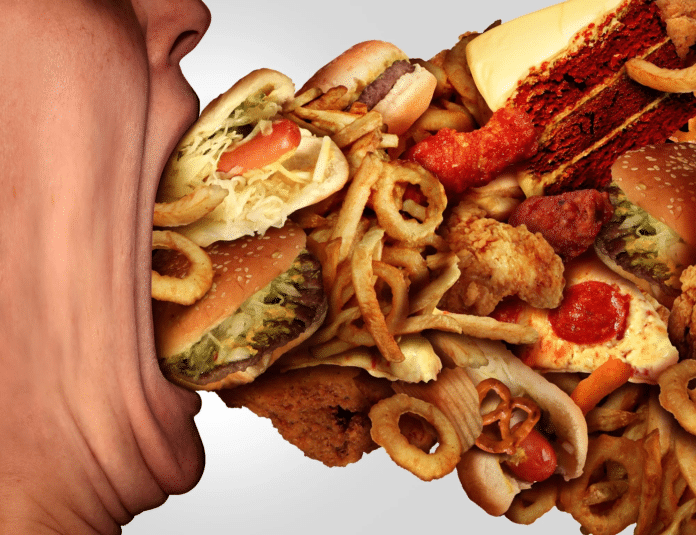Two recent research studies have uncovered a connection between ultra-processed foods (UPF) and heightened risks of health issues such as high blood pressure, heart disease, heart attacks, and strokes.
One of the studies presented at the European Society of Cardiology in Amsterdam indicates that the consumption of items like breakfast cereals, carbonated beverages, and fast food might elevate the chances of cardiovascular disease by nearly a quarter. Ultra-processed foods are generally categorised as those with five or more ingredients, often including additives and components not commonly used in home cooking.
The findings of these studies are as follows:
A team from the University of Sydney examined the impact of increased UPF consumption on over 10,000 middle-aged women over the past 15 years. They determined that those with the highest proportion of UPF in their diets were 39% more likely to develop high blood pressure compared to those with the lowest intake.
Another study conducted by researchers from China’s Fourth Military Medical University revealed that individuals consuming the most UPF faced an almost 25% greater likelihood of experiencing heart attacks, strokes, or angina. Even a small increase of 10% in UPF intake led to a significant rise in heart disease risk. Those with less than 15% UPF in their diets exhibited the lowest likelihood of heart-related health problems.
Although researchers noted a complex relationship between UPF consumption and cardiovascular events, they emphasised that heavy consumption of ultra-processed foods correlated with a substantial increase in the risk of such events.
Ultra-processed foods, which form over half of British diets, undergo multiple industrial processes and may contain preservatives. The British Heart Foundation highlights their elevated levels of saturated fat, salt, and sugar, leaving less space in diets for more nutritious options. Examples of UPFs encompass fizzy drinks, confectionery, processed meats, and convenience foods like instant soup and breakfast cereals.
Certain seemingly “natural” products, like supermarket bread, cereal bars, fruit yogurts, and ready-to-heat items, also fall into the UPF category due to the inclusion of additional ingredients like emulsifiers, sweeteners, and artificial colours and flavours.
To maintain a healthy diet, experts recommend favouring fresh, unprocessed foods prepared from scratch. The Mediterranean diet, rich in minimally processed or unprocessed foods such as fruits, vegetables, fish, nuts, seeds, beans, lentils, and whole grains, is widely regarded as a healthful approach.
Reactions from experts include Henry Dimbleby, a former government food adviser, considering the study results a “wake-up call” for the UK, particularly given the prominence of UPFs in the nation’s diet. Dr. Chris van Tulleken, a medical professional and author, emphasises the mounting body of evidence linking UPFs to cardiovascular risks, likening the effects of such foods to those of smoking in terms of health impact.
Join us in helping to bring reality and decency back by SUBSCRIBING to our Youtube channel: https://www.youtube.com/channel/UCQ1Ll1ylCg8U19AhNl-NoTg and SUPPORTING US where you can: Award Winning Independent Citizen Media Needs Your Help. PLEASE SUPPORT US FOR JUST £2 A MONTH https://dorseteye.com/donate/







